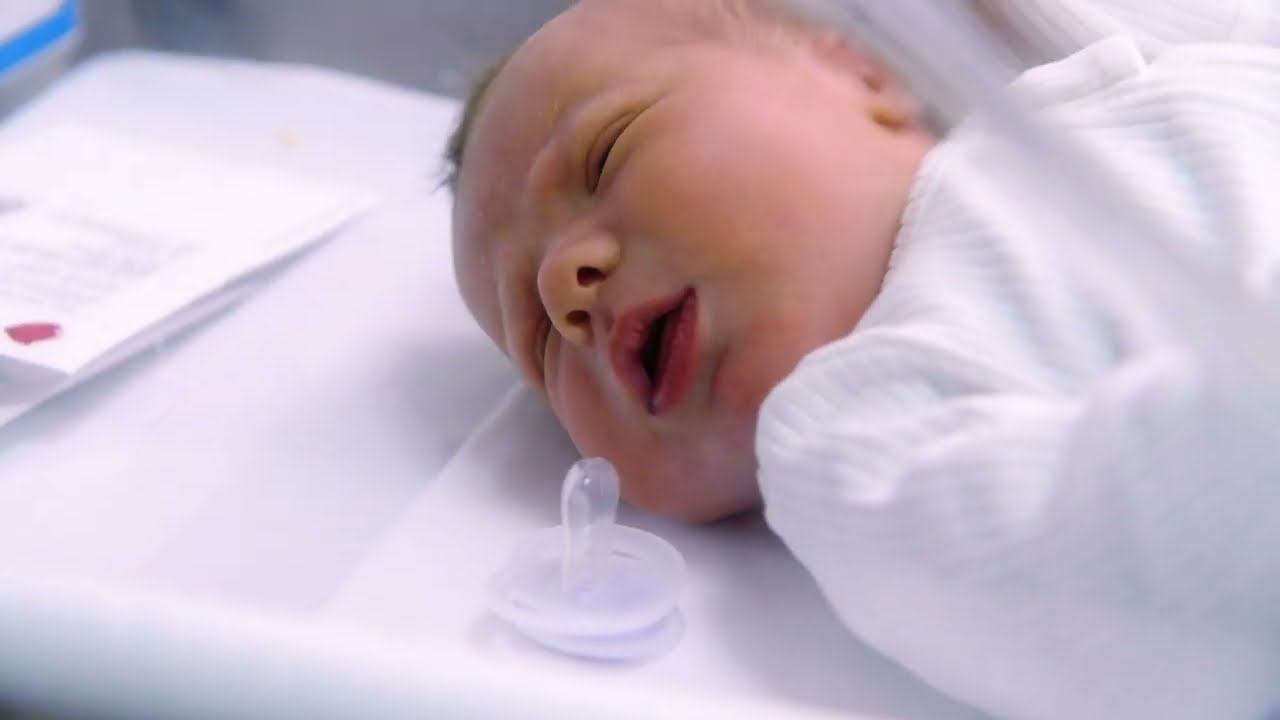Newborn Screening for Developmental Delays in Calves
The early detection of potential developmental delays in calves is crucial for ensuring optimal health and growth. Newborn screening tests, particularly those aimed at identifying conditions that could lead to significant developmental issues, are essential tools in modern veterinary medicine.
Developmental delays can be caused by a variety of factors, including genetic predispositions, environmental influences, or infectious agents. Early diagnosis through newborn screening allows for timely intervention and management strategies, which can greatly improve the calf's quality of life and overall prognosis.
The most common conditions screened for include:
- Muscular dystrophy
- Equine ataxia
- Hypothyroidism
- Bovine congenital tremor syndrome (BCTS)
The test involves collecting a small blood sample from the calf shortly after birth. This sample is analyzed using advanced laboratory techniques to identify any abnormal markers indicative of potential developmental issues.
Understanding the importance of early detection, our laboratory offers a comprehensive approach that includes not only testing but also consultation with veterinarians and other healthcare professionals to develop personalized treatment plans for calves identified as having developmental delays.
Industry Applications
The application of newborn screening tests in the veterinary sector is multifaceted, extending beyond mere diagnosis. These tests are integral in:
- Evaluation of herd health and welfare
- Prediction of potential economic impacts from developmental delays
- Guidance for breeding programs to minimize hereditary conditions
By identifying calves with developmental issues early, farmers and ranchers can make informed decisions about their management. This includes providing specialized care in the form of enriched environments or targeted dietary supplements.
The use of newborn screening tests also helps in the broader context of herd sustainability by reducing the incidence of congenital disorders that could compromise future generations of livestock. Moreover, it contributes to the overall ethical responsibility towards animal welfare by ensuring that calves with significant issues are not subjected to a life that may be full of pain and suffering.
Why Choose This Test
Selecting the right newborn screening test for developmental delays in calves is critical. Our comprehensive testing services offer several compelling reasons:
- Precision: Utilizing advanced diagnostic methods ensures accurate identification of potential issues.
- Timeliness: Early detection allows for prompt intervention, leading to better outcomes.
- Certainty: Reliable test results provide clear guidance on the health status of newborn calves.
The use of these tests helps in maintaining a robust and healthy calf population, which is vital for sustainable livestock practices. Additionally, it supports regulatory compliance with relevant international standards such as ISO 15189 and IEC 62304, ensuring that our services meet the highest quality assurance benchmarks.
Our commitment to excellence extends beyond just providing a test; we offer expert consultation to help you interpret results accurately and implement effective management strategies. This comprehensive approach ensures that your herd remains healthy and productive, contributing positively to both animal welfare and economic viability.
Use Cases and Application Examples
| Condition | Description | Screening Method |
|---|---|---|
| Muscular Dystrophy | A hereditary muscle disease affecting calves, leading to progressive weakness. | Blood sample analysis using PCR for genetic markers. |
| Equine Ataxia | A neurological condition characterized by lack of coordination and balance. | Serum testing for specific antibodies. |
| Hypothyroidism | A deficiency in thyroid hormone production, affecting metabolism and growth. | Blood glucose measurement followed by TSH test. |
| Bovine Congenital Tremor Syndrome (BCTS) | An inherited neurological disorder causing involuntary tremors in calves. | Electrophysiological testing of muscle activity. |
The table above provides a detailed overview of the conditions screened for, their descriptions, and the screening methods employed. Each method is designed to provide accurate and reliable results, ensuring that any potential developmental delays are identified at an early stage.





